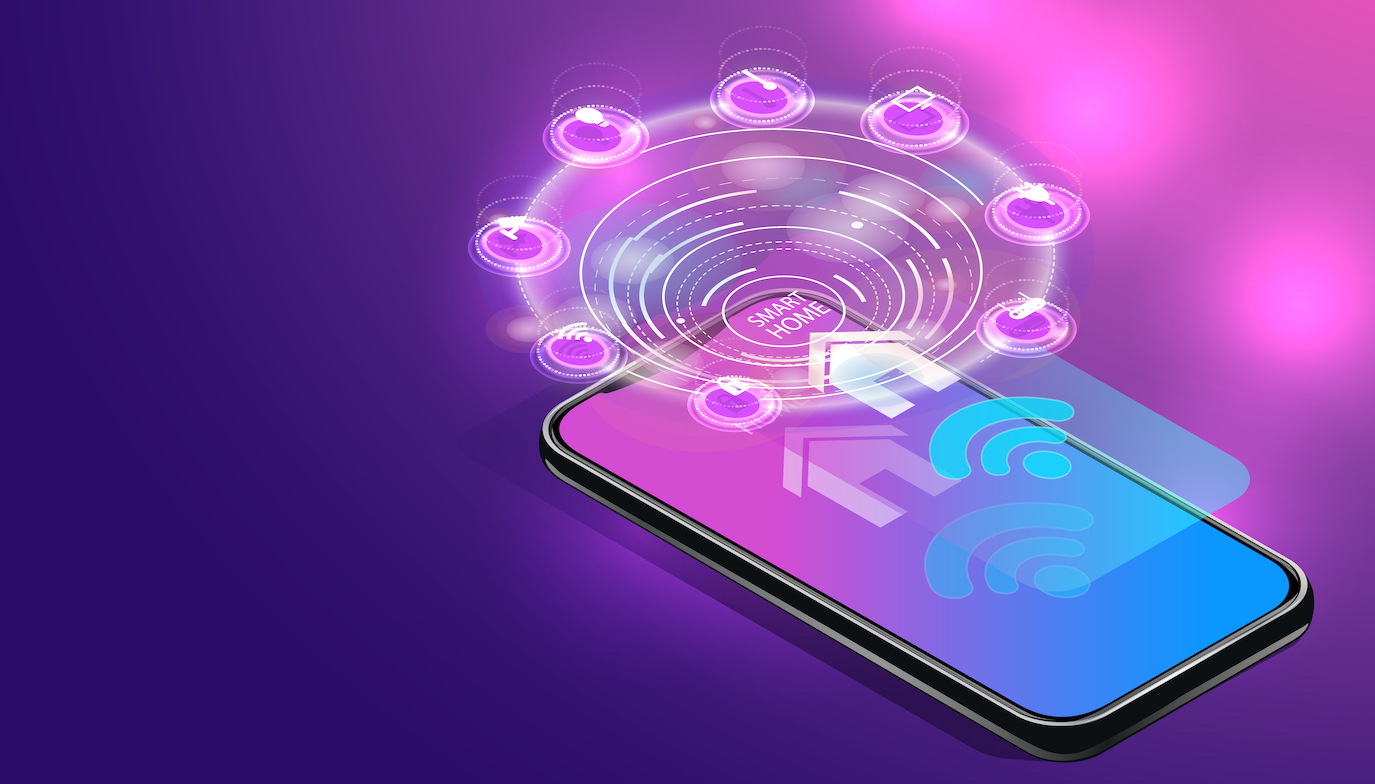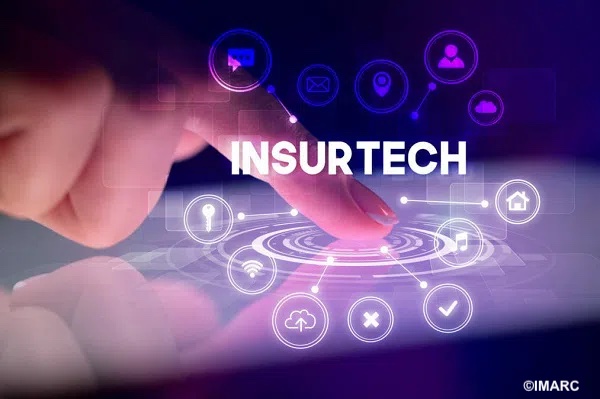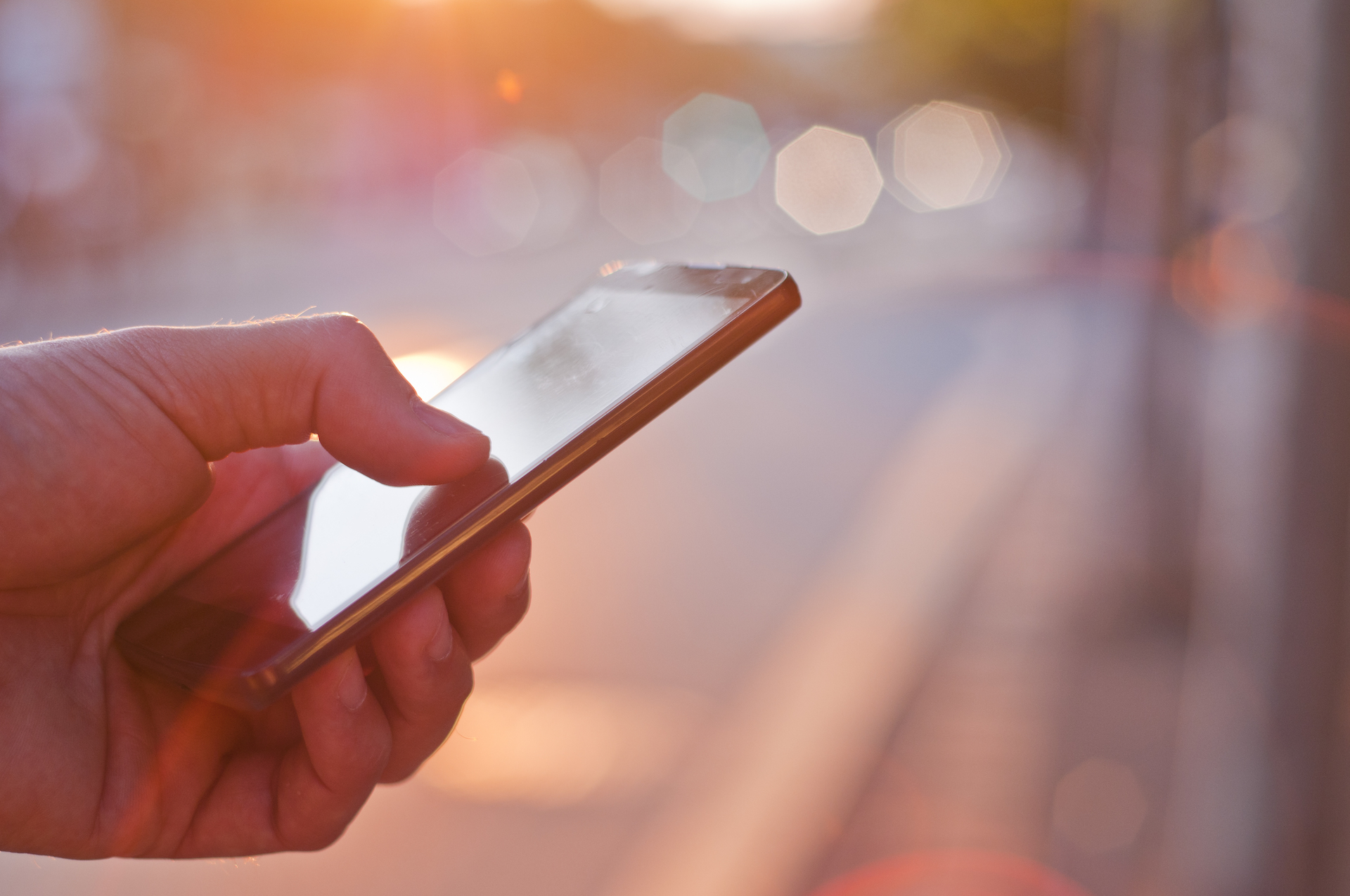
Mon4t’s technology has made remote neurology and psychiatry available to thousands of patients, while allowing practitioners to dramatically expand their clinical reach and providing them – and pharma companies – with extensive, real-world data.
One Israeli neurologist is a world-renowned expert in movement disorders. Prior to the Covid-19 pandemic, patients worldwide flew in to consult with her twice a year for evaluation and medication titration. The pandemic impacted her practice in all the worst, predictable ways, until she learned of remote patient monitoring.
The average smartphone is laden with technology, such as an accelerometer and a gyroscope, that accurately measures human movement across a range of parameters. Exercises such as the Timed Up and Go (TUG), hand tremors, gait, balance, and joint angle and flexibility can all be assessed remotely. The patient benefits in terms of continual care and monitoring and saves time and money on visits to the neurologist, whether locally or internationally.
Having embraced Mon4t’s technology, the Israeli neurologist not only maintained her practice during the epidemic, but she was also able to expand her reach while simultaneously receiving reams of objective data to evaluate her clinical outcomes.
Mon4t’s tech has also promoted patient compliance, an area under increasing scrutiny as physicians try to achieve more successful outcomes. Initial interviews are conducted via video chat, helping establish the crucial relationship that promotes compliance and, thus, enhanced clinical success. Remote appointments are less anxiety provoking since patients remain in their natural, comfortable surroundings, and can chat with the physician from their easy chair. Similarly, the motoric tests are performed in the same, familiar environment.
Enhanced patient compliance with protocols, ease of use in a non-threatening, familiar environment, and unparalleled convenience equals the next major step forward in patient health care, all enabled by the ubiquitous smartphone.
Similarly, psychiatry is enjoying the ability to reach and help more patients, all enabled by Mon4t’s tech. The remote monitoring is especially critical as some pharmaceutical manufacturers are long-term care developing drugs, such as six-month injections to treat schizophrenia instead of daily pills or shorter-term injectables.
As part of remote schizophrenia treatment, for example, patients are administered questionnaires and simple tests to assess their mental status before sessions, providing psychiatrists hard data. Patients taking psychiatric medications can also take some of the remote neurological tests to ensure that side effects, such as extrapyramidal symptoms (motoric issues, such as a shuffling gait or tremors) are quickly discovered, and the medication titrated, or another drug can be supplemented to minimize side effects.
Remote medicine, once viewed with suspicion, has become an indispensable part of the medical landscape. The basic architecture of the common smartphone and Mon4t’s tech have placed this in the hands of physicians and patients, worldwide.



